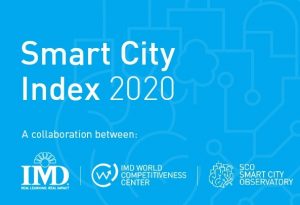Download Employment News pdf of this week 19 September to 25 September 2020 . Check latest job recruitment

Employment News pdf This Week - 19 September to 25 September 2020.
Click Here to download Employment News 19 September to 25 September 2020 – Download pdf
Click Here to Like our Facebook page for latest updates and free ebooks

















